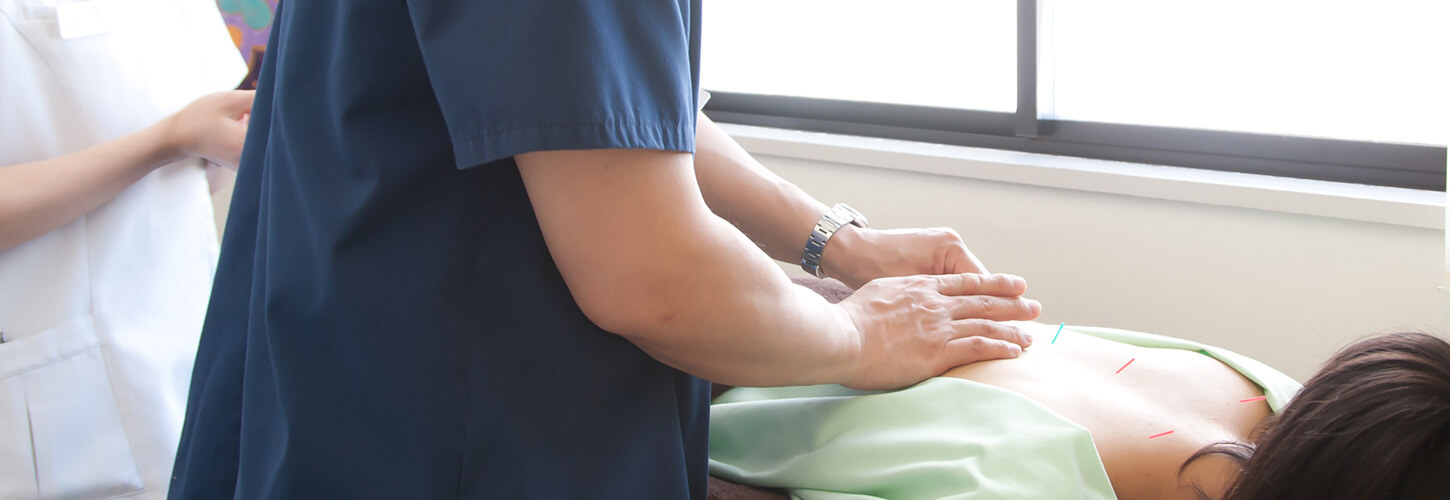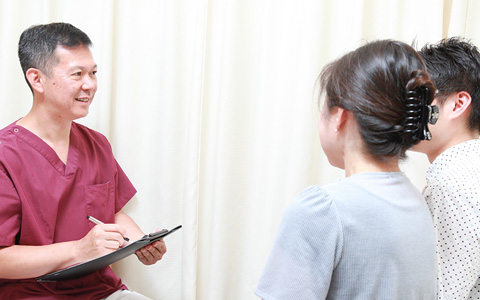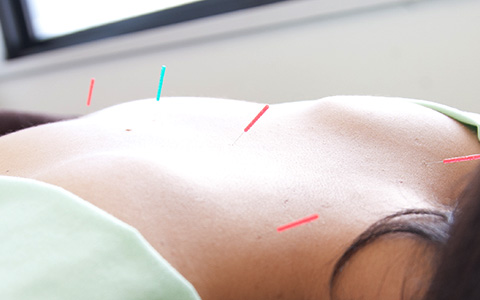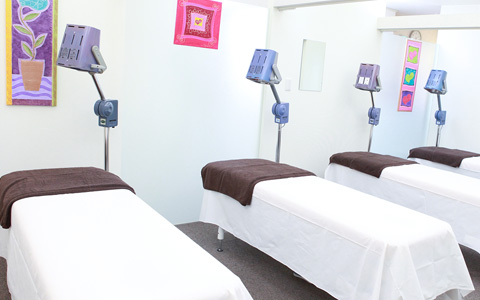What are Temporomandibular Disorders?
TM (temporomandibular) disorders are a family of problems related to your complex jaw joint. If you’ve had symptoms like pain or a clicking sound, you’ll be glad to know that these problems are more easily diagnosed and treated than they were in the past. Since some types of TM problems can lead to more serious conditions, early detection and treatment can resolve TM disorders completely, and treatment takes time to be effective. But with the help of your practitioner you’re more likely to have a healthier and more comfortable jaw.
Trouble with Your Jaw
TM disorders develop for many reasons. You might clench or grind your teeth, tightening your jaw muscles and stressing your TM joint. Or, you may have a damaged jaw joint due to injury or disease. Whatever the cause, the results may include a misaligned bite, pain, clicking or grating noises when you open your mouth, or trouble opening your mouth wide.
Is a TM Disorder a problem for you?
You can have a TM disorder for a long time without realizing it. That’s because some of the symptoms, such as worn teeth or headaches, may seem unrelated to your jaw joints and muscles. Is a TM disorder causing you problems? Begin to find out by asking yourself these questions:
- Are you aware of grinding or clenching your teeth?
- Do you wake up with sore, stiff muscles around your jaw?
- Do you have frequent headaches or neck aches? Does the pain get worse when you clench your teeth?
- Does stress make your clenching and pain worse?
- Does your jaw click, pop, grate, catch, or lock when you open your mouth?
- Is it difficult or painful when you open your mouth, eat, or yawn?
- Have you ever injured your neck, head, or jaw?
- Have you had problems (such as arthritis) with your other joints?
- Do you have teeth that no longer touch when you bite?
- Do your teeth meet differently from time to time?
- Is it hard to use your front teeth to bite or tear food?
- Are your teeth sensitive, loose, broken, or worn?
The more times you answered “yes”, the more likely it is that you have a TM disorder. Understanding TM disorders will also help you understand how they’re treated.
Understanding TM Disorders
How your jaw works
Your two TM joints are complex, made of muscles and jawbones. Each part plays a role in keeping your TM joints working smoothly. When muscles are relaxed and balanced and both jaw joints open and close comfortably, you’re able to talk, chew, or yawn with no pain. The muscles that provide power around your jaw joints are groups of muscles that contract and relax so you can open and close your mouth, talk and chew. When they are flexible and not under stress, they work in harmony with other parts of your jaw.
Jaws Form Joints
Your TM joints are where your upper jaw and lower jaw (mandible) meet. Like gears of a car, the joints have moving parts that allow the lower jaw to move. This lets you open and close your mouth for talking, biting, and chewing.
Self Care
There are many treatment options that improve the harmony and function of the jaw. But, in large part, relief hinges on you. The most important role you can play throughout your treatment program (and your lifetime) is resting your jaw, so it can heal and regain stability. Other self-care techniques may also aid in treating your jaw such as:
Resting Your Jaw
The most important kind of self-care – resting your jaw – relaxes muscles and takes the pressure off your joints, which can then heal more easily. The key to resting your jaw is keeping your teeth apart. Practicing good posture, eating soft foods, and reducing stress will also relax tense muscles and help give your jaw a break.

Fertility Treatment
Other Areas of Expertise
Acura Acupuncture Clinic Tokyo
(Shibuya St., Omotesando St., Aoyama)
Please contact us to make an appointment.
Office Hours (Closed on Tuesday)
10:00 – 21:00 (Mon / Wed)
9:30 – 21:00 (Thu)
9:30 – 19:00 (Fri)
9:30 – 18:00 (Sat, Sun, National Holidays)



